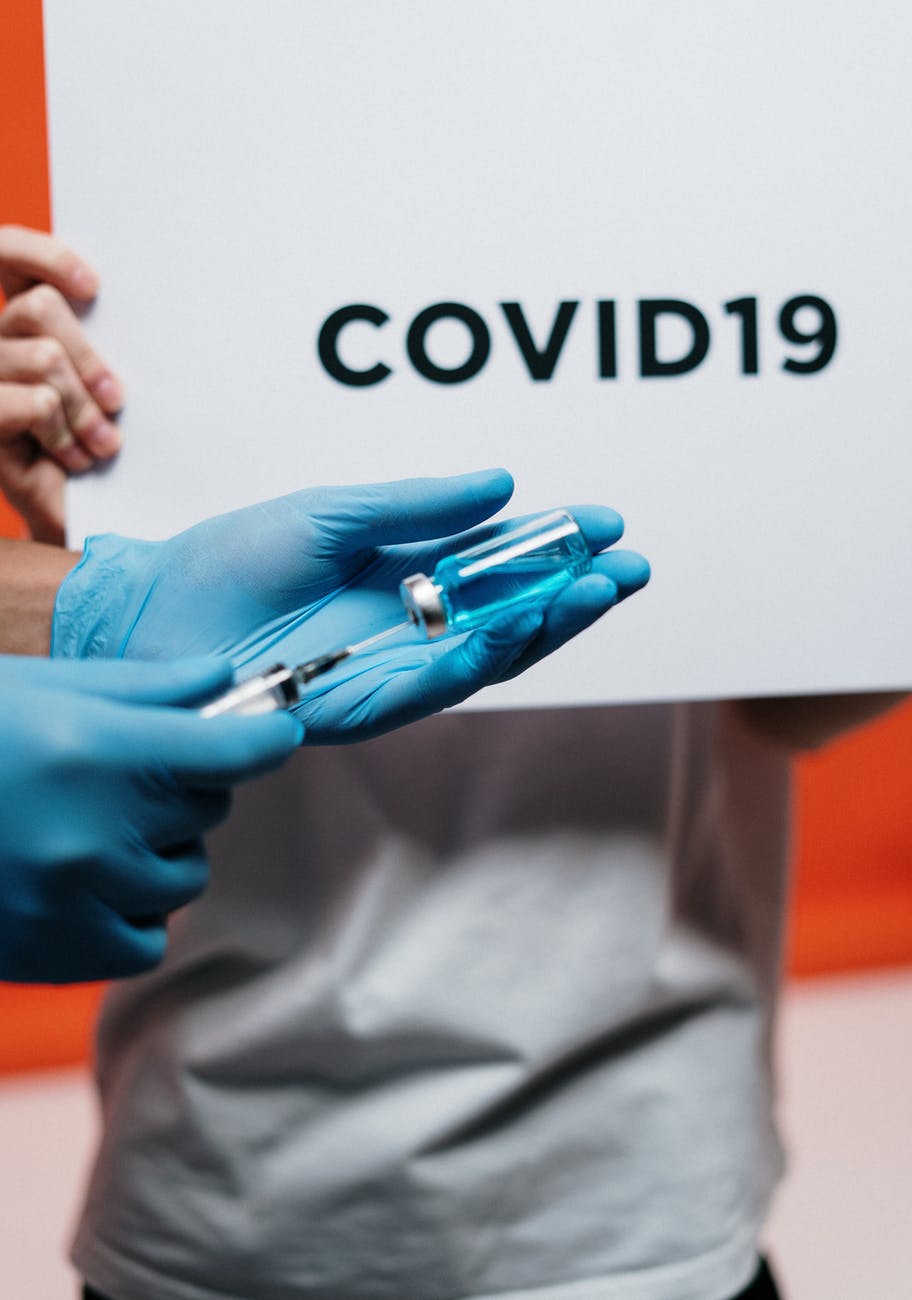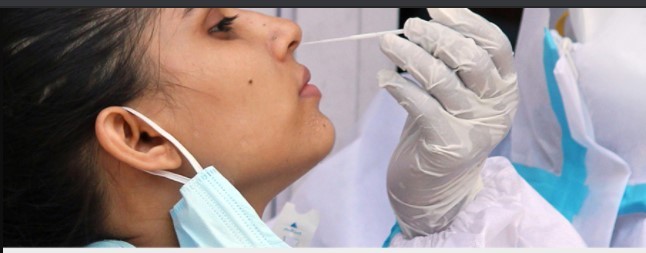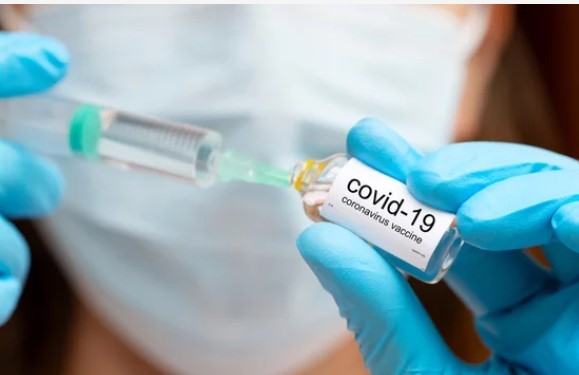A new study conducted in Barcelona reported that one year after infection by SARS-CoV-2, most people maintain anti-Spike antibodies regardless of the severity of their symptoms, according to a study with healthcare workers co-led by the Barcelona Institute for Global Health (ISGlobal), the Catalan Health Institute (ICS) and the Jordi Gol Institute (IDIAP JG), with the collaboration of the Daniel Bravo Andreu Private Foundation.
The results suggest that vaccine-generated immunity will also be long-lasting.
The research team took regular blood samples from September 2020 onwards to measure the level and type of SARS-CoV-2-specific antibodies in these patients. This work was possible thanks to the support of the Daniel Bravo Foundation, which equipped ISGlobal with the latest technology and necessary resources to perform the study and rapidly reach conclusions during the subsequent waves.
One of the key questions to better predict the pandemic’s evolution is the duration of natural immunity. A growing number of studies suggest that most people generate a humoral (antibody) and cellular (T cells) response that is maintained during several months, maybe years.
During the first wave of the pandemic, the team at ICS/IDIAP JG in collaboration with Carlota Dobaño’s team at ISGlobal started a follow-up study of a cohort of healthcare workers with COVID-19 – a total of 173 people working in healthcare centers of central Catalonia. Most infections were mild to moderate, although some cases required hospitalization.
According to the study , No significant decay in antibody levels was observed over the first five months, and at 9 months, 92.4% of peoples remained seropositive – 90% of them had IgG, 76% had IgA and 61% had IgM recognising the Spike protein or the receptor binding domain (RBD). The results were similar among healthcare workers who had not been vaccinated in April (95% had IgG, 83% IgA and 25% IgM).
“These data confirm that IgG have a longer duration, but IgM levels, which are supposed to last less, were unexpectedly quite sustained over time,” says Gemma Moncunill, ISGlobal researcher and senior co-author of the study, together with Ruíz-Comellas. Hospitalization, fever, and loss of smell and taste were associated with higher antibody levels at five or nine months.






